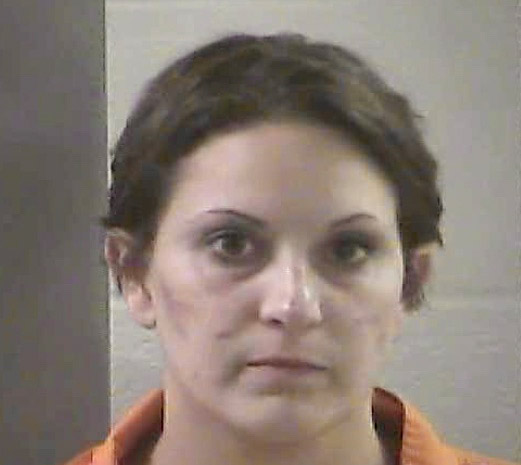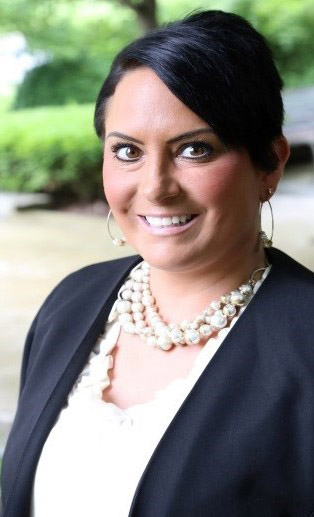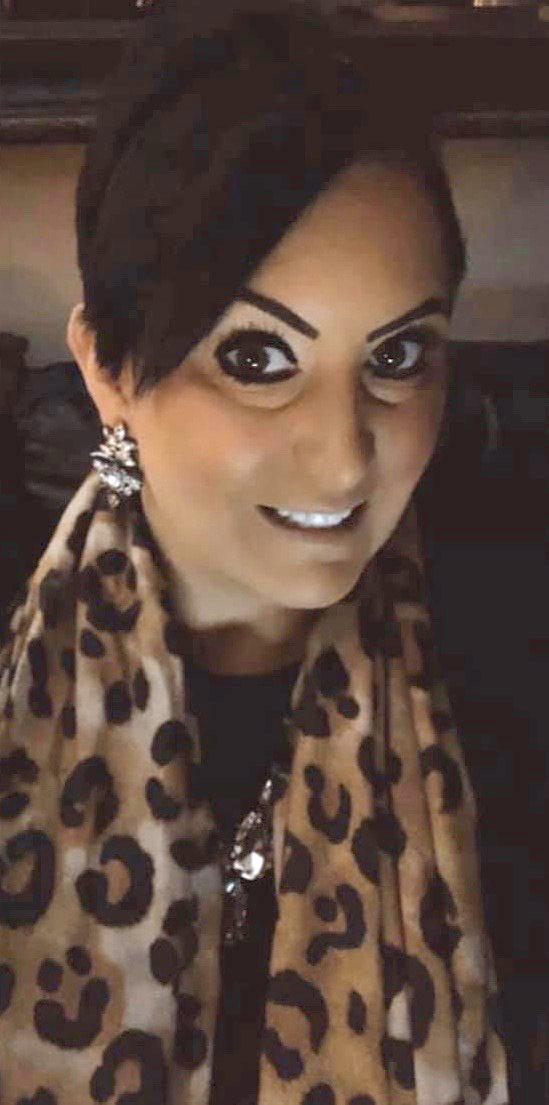Ashley McCarty was a 4.0 student in school and graduated from Eastern Kentucky University with a bachelor’s degree in psychology. As a pharmaceutical sales representative, she was ranked by her employer as a top five sales representative out of 10,000 employees in the nation.
Homelessness and jail time were not in this perfectionist’s plans, but they are part of her story.
After having two surgeries and the accompanying prescription of opioids, Ashley went down a different path.
Ashley did not hit her bottom when her job performance plummeted because she showed up late with slurred speech, didn’t show up at all, and eventually lost her career – or when she burned through $200,000 in savings in 18 months buying drugs off the street.
“One day, the drug dealer that I went to for pain pills didn’t have any, he only had meth. I once said I would never do meth, but I decided to try it and I fell in love. Near the end of my addiction, it didn’t matter what substance it was if it took me out of reality. The temporary and sometimes permanent substitution of other drugs for the primary drug of choice shows the progression of this disease.”
Soon after, Ashley couldn’t pay any of her bills. She packed up everything she could pawn, then lived in her car before moving into a metal building with no plumbing. She used a bucket in the corner as her bathroom.
“All I wanted to do was fall asleep and never wake up. Along with my addiction came my overwhelming and uncontrollable depression. Every day was a battle for me, and some days were just a battle to breathe.”
A lot of realizations occurred to Ashley but that was only following a long period of denial.
“I didn’t realize I was addicted until I tried to stop. I had a serious problem and I needed help.”
Ashley got the help she needed through jail and by the rehab, Cumberland Hope Community in Harlan, where she stayed in treatment for a year.
“Recovery didn’t give me my old life back, it gave me a new life. I now realize that perfectionism is self-abuse of the highest order and a large part of my addiction. I know that I am not alone in this battle and that there is a solution. I have let go of my past and forgiven myself and others.”
After graduating from the Hope Center in 2015, she was hired by Addiction Recovery Care and began her career as a case manager and a Kentucky-certified peer support specialist. In June of 2019, after 300 applications were received, Ashley was one of two employment specialists hired by the Kentucky Chamber of Commerce to assist employers in creating a recovery-friendly culture and reduce stigma regarding substance use disorder and mental health.
“I still have to pinch myself when I think about being employed by the Kentucky Chamber. I never thought I had a chance when I applied for this position, but something told me to try anyway. It is amazing to know that the Chamber is open to giving second chances, and it strives to be a transformational employer. My career gives me a sense of well-being and a purpose to get up every day and be productive. I meet with executives from top companies in Kentucky to help reduce stigma, and I show them a mugshot of myself over six and a half years ago. I get to see their surprised reaction and watch the walls being torn down.”
Ashley emphasizes that it’s important to be in healthy relationships and take care of your mental health while in recovery.
“When someone starts to be toxic, I know that I must eliminate them from my life. Mental health and substance use disorder can be co-occurring. I go to therapy, take my proper medication for mental health. I am also a spiritual person; I pray and talk to the God of my own understanding every day. I once thought God had turned His back on me. I have now realized that God in fact had never left me. I want others who are struggling with addiction to know that just because you don’t see God standing beside you doesn’t mean that He is not there, He is carrying you.
Ashley’s passion is to help others who suffer from the disease of addiction.
“I know that my story is the key that can unlock someone else’s prison. I want to share my experience, strength, and hope. I want others who are still suffering to know that they are not too broken or too far gone to create change and that they should never stop fighting. My desire is to have someone to look at me and say, ‘Because of you I didn’t give up.’ I feel blessed that I no longer have a secret, but instead I have a story.”



